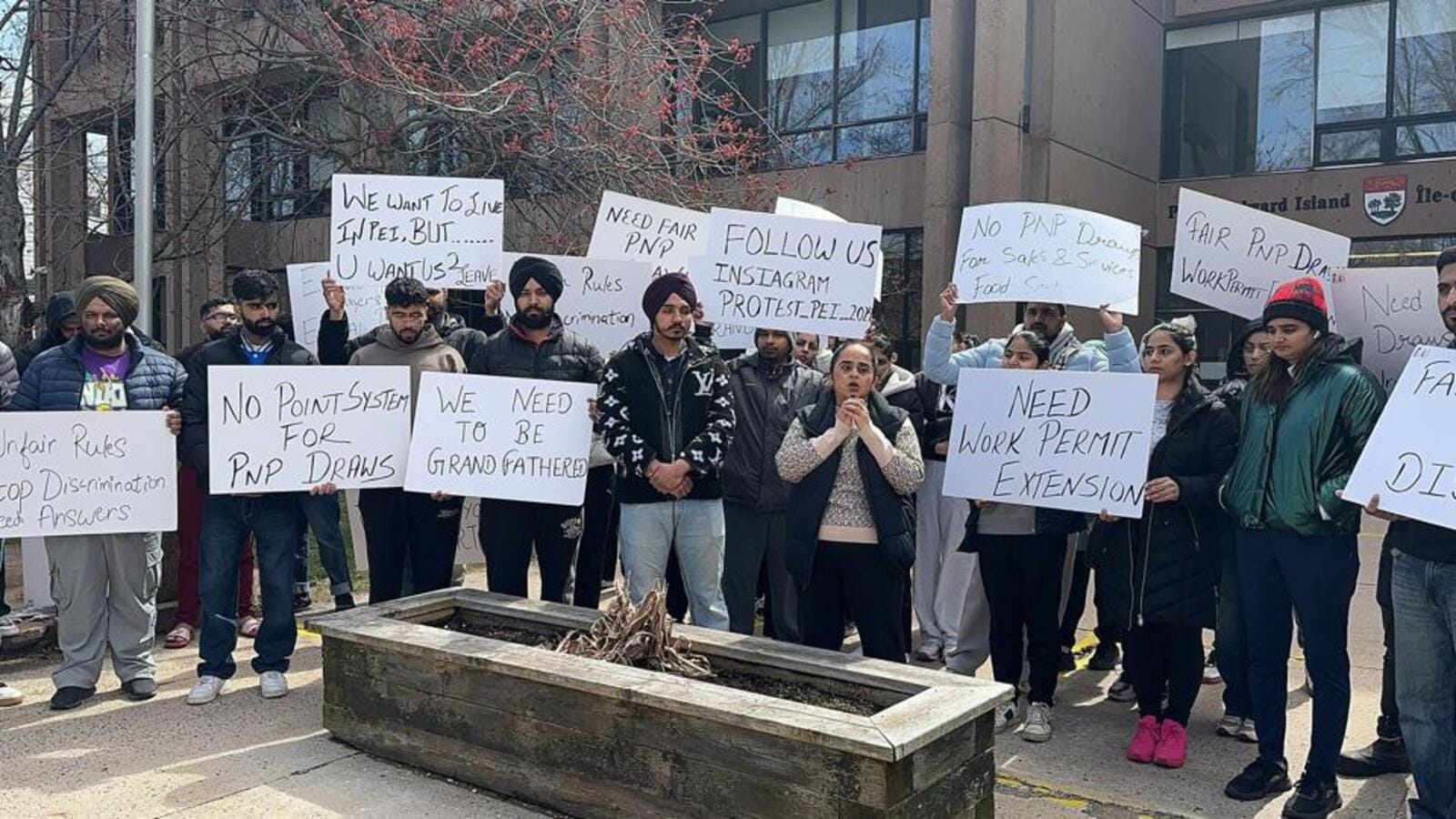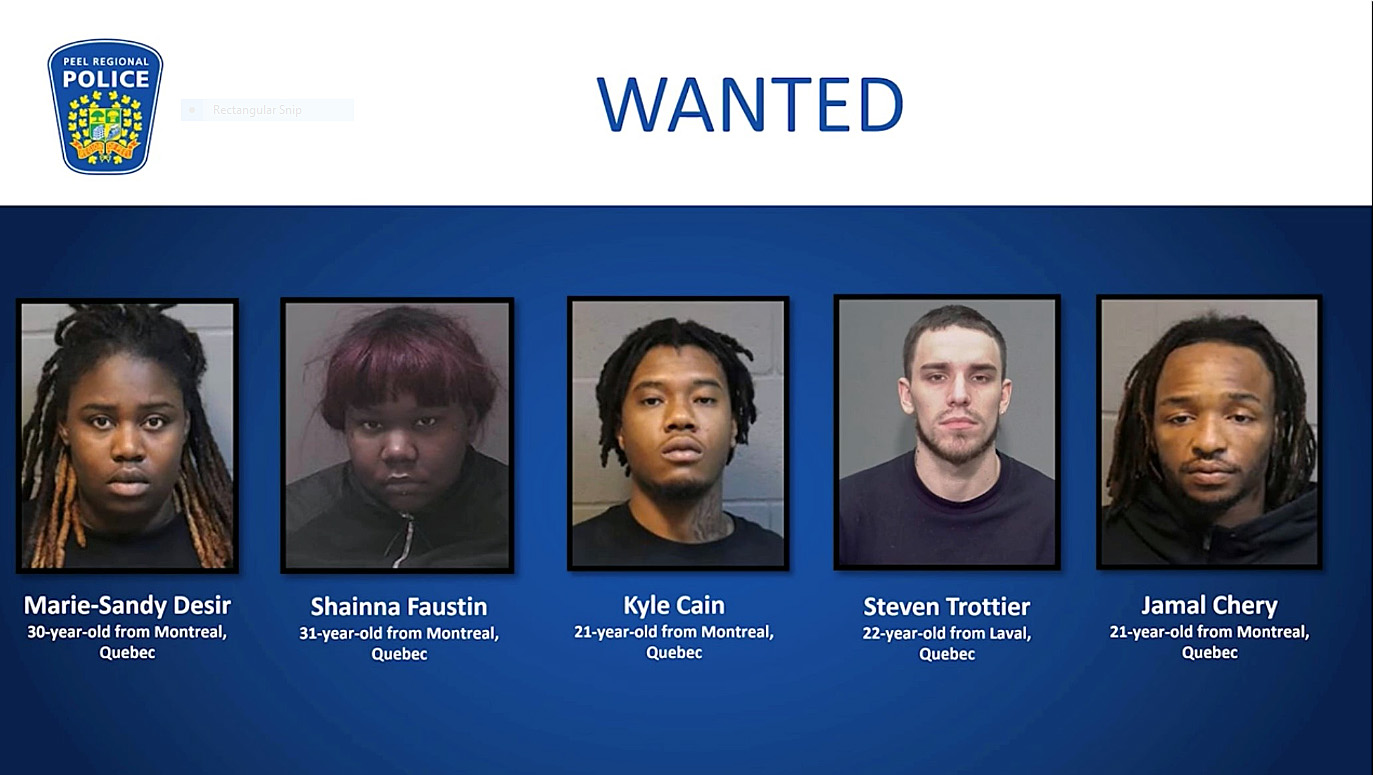World
Study permits don’t guarantee permanent resident status in the country, warns Canada govt

Toronto: The Canadian government has warned that study permits for international students is no guarantee that they can secure permanent resident (PR) status and become citizens.
As the country continues to struggle to absorb a record number of international students, Canada’s Immigration, Refugees and Citizenship Minister Marc Miller, in an interview with the agency Bloomberg made it clear a study visa wasn’t necessarily a pathway to PR, as he said, “That should never be the promise. People should be coming here to educate themselves and perhaps go home and bring those skills back to their country.”
However, he acknowledged, “That hasn’t always been the recent case.”
The government is also proposing to look at labour needs when it comes to offering that pathway to remaining in Canada. “The logic for having uncapped or uncontrolled draws from abroad is no longer there,” Miller said.
He also said Canada is being seen as “less welcoming” than before and study permits are “less and less being seen as a cheap way to attain permanent residency or entry into Canada”.
Ottawa has come under pressure on this issue because of the perception it has contributed to high shelter costs, including housing affordability and rents. That has made attitudes towards immigration less positive than before, as Miller said, “We’ve built a very important consensus around immigration in Canada, but that’s being chipped away at.”
However, Miller’s views are being challenged. Among the critics is Toronto-based immigration lawyer Ravi Jain, who said if the government were serious about this message, it would “stop promoting studying as a pathway to PR through Express Entry. They do this with their social media marketing and this should stop immediately”.
And, he added, it would “stop all the poor advice coming out of India from non-lawyer immigration consultants” by restricting the practise of immigration law to lawyers as it is the case in the United States and Germany. “Then people would need to speak to a qualified lawyer and we would tell them their honest chances of both getting the student visa and possibly transitioning to PR,” Jain, past co-president of the Canadian Immigration Lawyers Association, said.
The Naujawan Support Network, which works with international students for their rights, accused the government of creating a situation that could result in the “mass deportation” of 70,000 international students. In a post on X, it reacted, “Tens of thousands of international students face deportation after working to keep the economy running and establishing communities in Canada over the last 5-7 years.”
It said PR pathways have become “severely restrictive and unpredictable”. This is already proven a challenge to international students from India seeking to remain in Canada as they have staged protests in the provinces of Manitoba, Prince Edward Island and Ontario.
The Bloomberg report also said that Ottawa is projecting less than 300,000 fresh study permits this year, as against 437,000 in 2023. However, till May this year, as per Immigration, Refugees and Citizenship Canada data, 216,620 study permits have become effective till May this year.
In fact, as the Hindustan Times reported last week, the permits issued in the first four months of 2024 exceeded those for the same period in 2023. The total study permits issued during those four months was 165,805 last year and increased to 187,510 in 2024. The number of Indian students getting these visas also grew, from 72,750 to 81,260 over the same period, remaining steady at approximately 43% of the total.
Of the total 682,430 study permits issued by Canada in 2023, Indian students accounted for 278,335. So far in 2024, Canada has issued 216,620 study permits with Indians availing of 91,510 of them.








